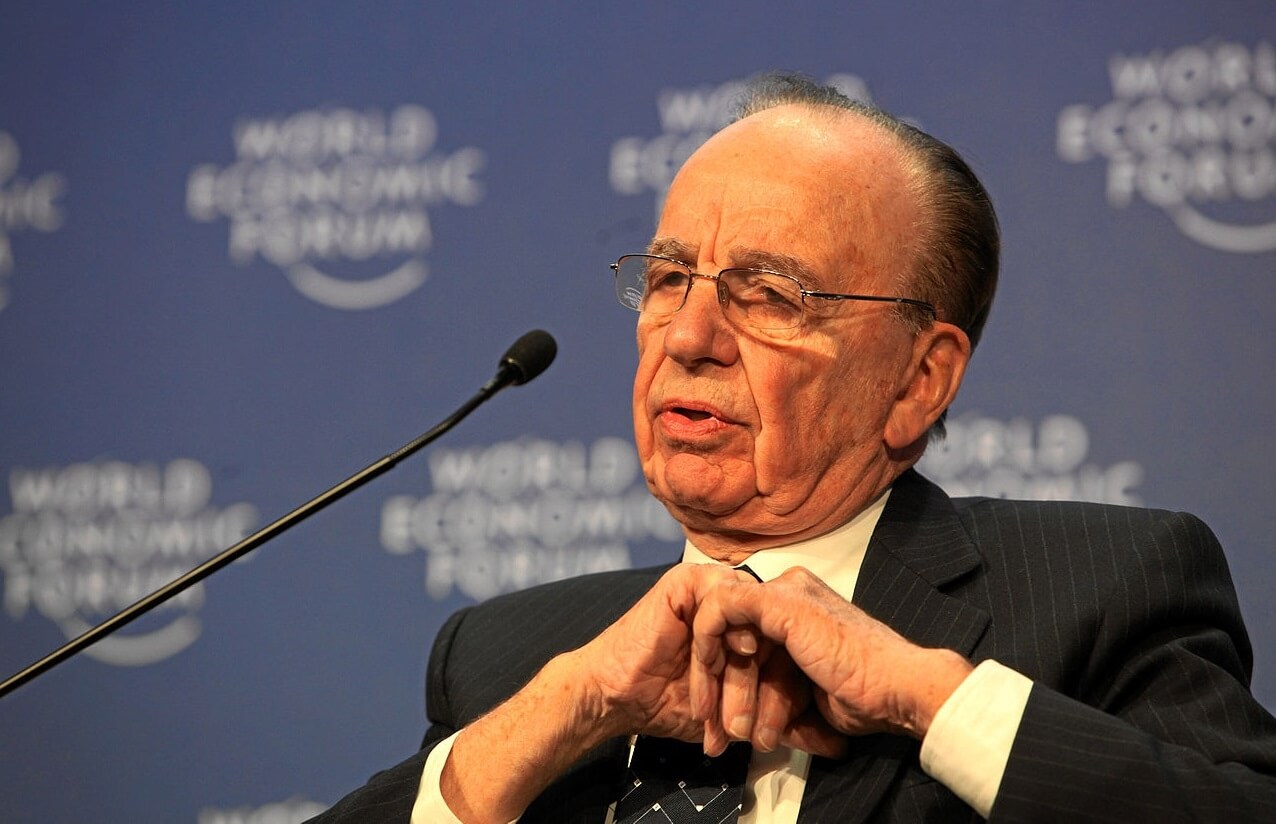Extravert CEOs and Strategic M&A Decisions
To gain access to all Ideas for Leaders content please Log In Here or if you are not already registered then Register Here.

New research based on 2800 corporate CEOs shows that extraverted CEOs are more likely to engage their firms in the uncertainty of M&A activities, proving that CEO personality can drive firm behaviour. However, under certain conditions, the situation dictates the options available to CEOs, regardless of their personalities. Thus, for example, even less extraverted CEOs make more acquisitions in highly competitive industries.
To read the full text on this Idea you will need to log-in or register with the Ideas for Leaders site. Please click here to log-in and here to register for the first time.
If you are a member of one of our Sustainable Leadership Communities you can log-in using your SLC log-in details, with your email prefixed by the community group you are in. eg: uk.jane.fraser@abcgroup.com

Ideas for Leaders is a free-to-access site. If you enjoy our content and find it valuable, please consider subscribing to our Developing Leaders Quarterly publication, this presents academic, business and consultant perspectives on leadership issues either as a digital subscription, or better still in a beautifully produced, small volume delivered to your desk four times a year.

For the less than the price of a coffee a week you can read over 650 summaries of research that cost universities over $1 billion to produce.
Use our Ideas to:
Speak to us on how else you can leverage this content to benefit your organization. info@ideasforleaders.com